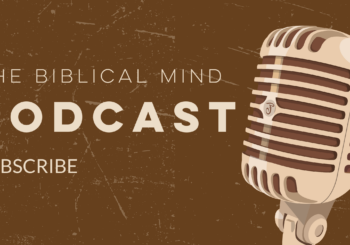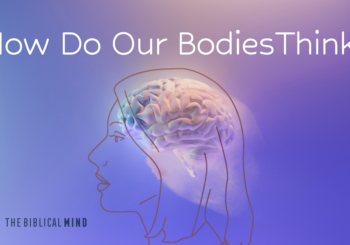Our Fellows’ Picks: 10 Notable Books of 2020
New books were a bright spot in 2020. With the help of our fellows, we narrowed the selection down to ten—in no particular order.
Morality: Restoring the Common Good in Divided Times by Rabbi Lord Jonathan Sacks

The last few years have been marked by deepening political and social divisions in liberal democratic nations. Rabbi Sacks diagnoses the fundamental problem: prizing self-interest above the common good, a tendency of a liberal democratic societies. He roots this problem in an errant individualism, social media, deterioration of the family, identity politics, and the disappearing sense of a shared reality—which, sadly, is strikingly recognizable.
Rabbi Sacks passed away November 7, 2020, leaving a first-rate legacy of moral clarity and philosophical depth in intellectual and faith communities.
Unbinding Isaac: The Significance of the Akedah for Modern Jewish Thought, by Aaron J. Koller
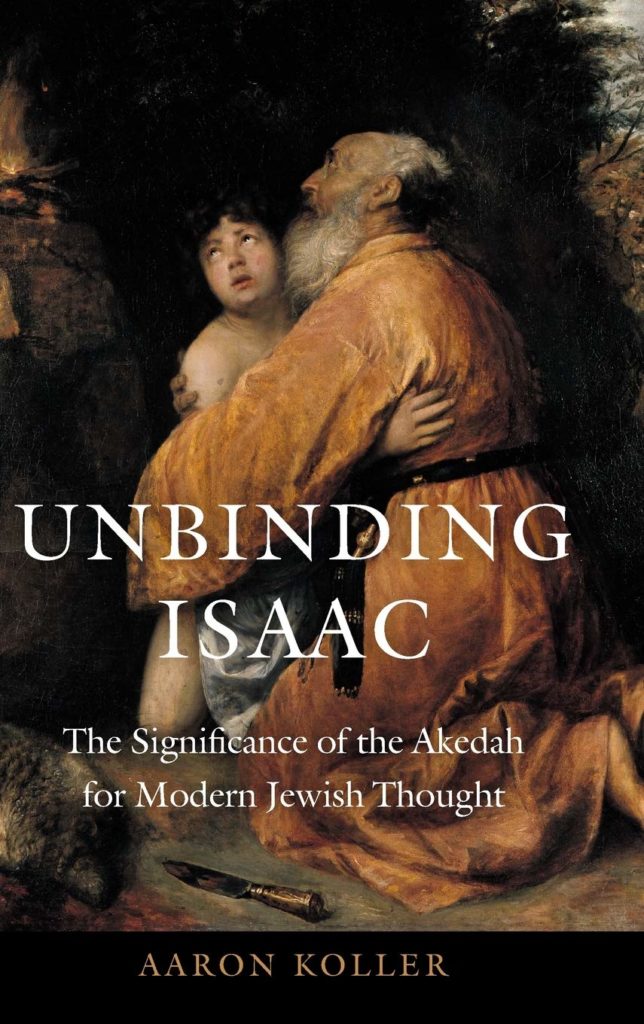
Dr. Koller critiques Soren Kierkegaard’s interpretation of the Akedah as a suspension of ethics for the sake of faith, an idea endorsed and extended by later Jewish thinkers. Rather, Dr. Koller argues, the climax of the Akedah is the moment when God tells Abraham to free Isaac, thus repudiating the practice of child sacrifice present in other ancient Near Eastern religions.
On Human Nature in Early Judaism: Creation, Composition, and Condition, by Jeffrey P. Garcia

Dr. Garcia, a CHT fellow, analyzes early Jewish thought on the universal characteristics of human nature and how they represent humanity’s relationship to God. Though Jewish thinkers in the Greco-Roman period tended to focus on the characteristics of their community, Dr. Garcia uncovers within their discussions some broader ideas about human nature generally. These emerged from Jewish discourse on the creation story and addressed questions of soul-body dualism, free will, human lowliness, and sin.
The Bible with and without Jesus, by Amy-Jill Levine and Marc Z. Brettler

The New Testament is heavily “hyperlinked” to the Old Testament/Hebrew Bible, which would have influenced how earlier Jewish and Christian audiences understood the NT texts. Dr. Levine and Dr. Brettler explore how these OT references shaped the meaning of the NT in its original context and compare this meaning to subsequent interpretations. They consider references to the creation account, Isaiah’s Suffering Servant, and Psalm 22, among others.
The Jewish Annotated Apocrypha (JAA), edited by Jonathan Klawans and Lawrence M. Mills
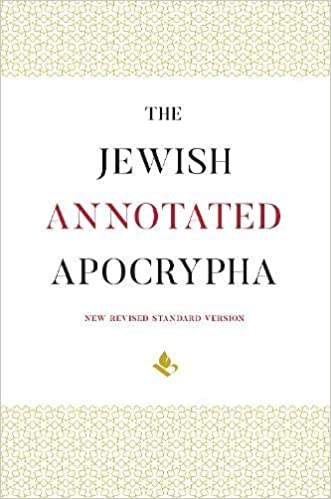
This volume completes a trilogy that also includes the Jewish Annotated New Testament (JANT) and the Jewish Study Bible (JSB). The JAA is the first standalone edition of the Apocrypha in English written for a Jewish audience. It excludes the texts thought to be of Christian origin and adds the Book of Jubilees. The books are also reorganized to follow the general order of the Jewish canon—Law, History, Prophecy, Wisdom, and Poetry.
Introduction to the Pseudepigrapha of Second Temple Judaism: Message, Context, and Significance, by Daniel M. Gurtner

Dr. Gurtner recovers the importance of these overlooked Jewish writings for their link to the Hebrew Bible and the history of Israel. He demonstrates how the key works of the pseudepigrapha can be understood and valued on their own terms in their respective contexts, and not just as background to rabbinic Judaism and early Christianity.
Reader Come Home: The Reading Brain in a Digital World, by Maryanne Wolf
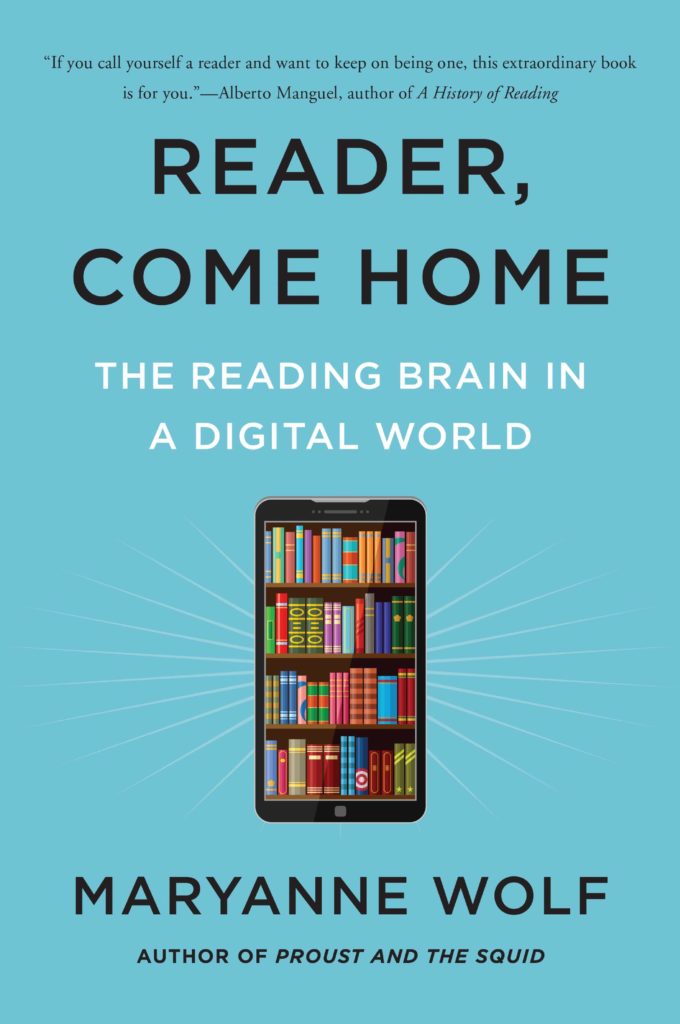
Digitization has transformed our way of processing written language, research shows. Wolf raises concerns about modern people’s ability to perform “deep reading” in a sea of digital distractions and easily accessible information. Digitization may affect our ability to do everything from drawing inferences and analogies, to engaging in personal reflection, to thinking for ourselves.
What does good reading involve in a world where screens cannot be escaped? Wolf looks to science, literature, philosophy, and other fields for guidance, crafting a proposal for a biliterate reading brain.
Thy Will Be Done: The Ten Commandments and the Christian Life, by Gilbert Meilaender
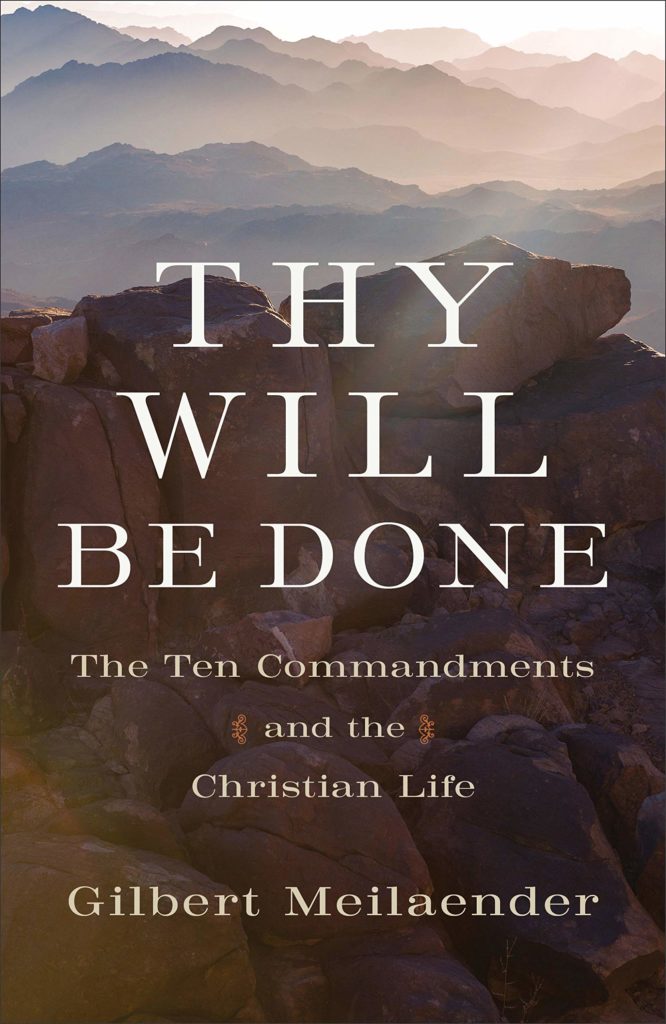
The Ten Commandments are often taken for granted as rules for Christian conduct, but their connection to biblical redemption history and rich range of meaning and application are just as often missed. Dr. Meilaender contextualizes the commandments within the broader story of Scripture and asks readers to plumb more deeply the first commandment—”you shall have no other Gods before Me”— to grasp its demands on our lives and loves.
The Koren Tanakh of the Land of Israel: Exodus
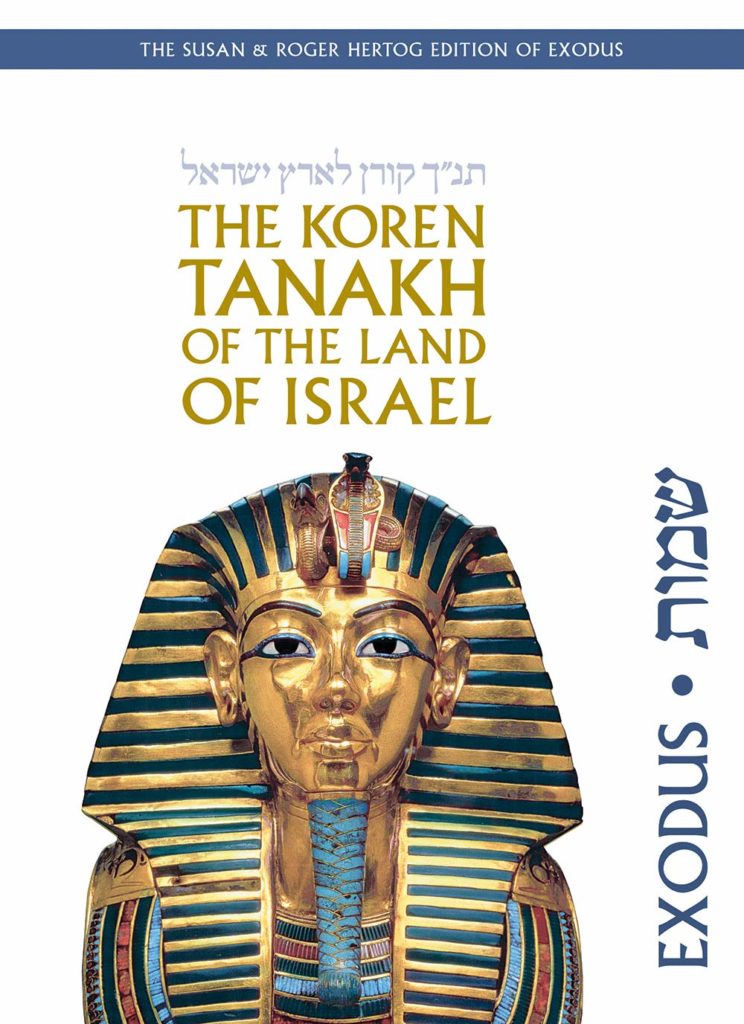
A testament to the grandeur of his oeuvre, a second book involving Rabbi Sacks appears in this list. His new translation of Exodus appears along with articles by numerous academic scholars on its ancient Near Eastern background.
In addition to images of ancient artifacts, maps, archeological excavations, etc., these articles focus on the relationship of Exodus to Egyptology, geography, history, society, polytheism, and more. Thus, the book elucidates and contextualizes the biblical narrative, laws, rituals, and theology, and explains how Exodus helped to revolutionize ethics.
The Biblical Hero: Portraits in Nobility and Fallibility, by Elliott Rabin

A arresting trait of “biblical heroes” is that they are conspicuously less heroic than the hero types found in the texts of other cultures. So what does the Bible really say about heroes? Dr. Rabin compares Moses, Samson, David, Esther, Abraham, and Jacob to the heroes in other literature to answer this question. We discover six morally complex portraits of these biblical characters—and why Scripture doesn’t eulogize them as much as we might expect.
Subscribe now to receive periodic updates from the CHT.

